Everything That Can Impact Your Credit Score
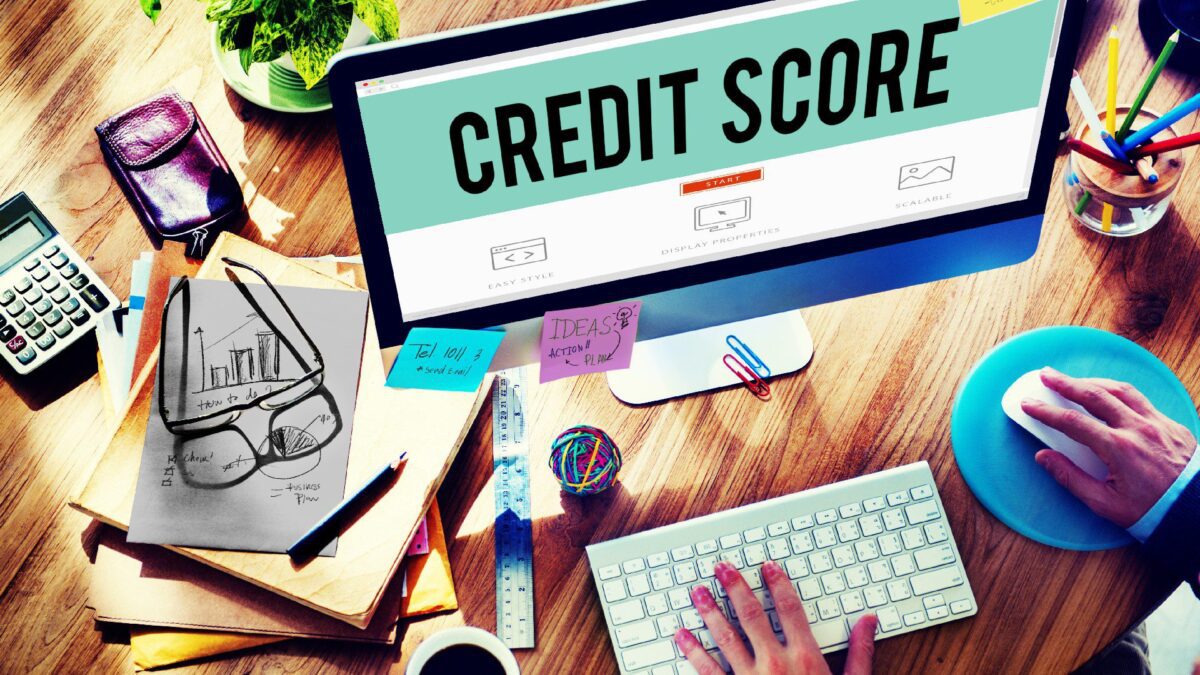
Credit scores are simple and incredibly complex. Keeping your credit score in the good or excellent range can take a bit of effort. But if you know what can impact your score, you can make the best financial decisions for your personal situation, and that can make a huge difference when trying to get loans or other financing. Find out more in our complete guide to everything that can impact your credit score below.
The Five Major Credit Score Factors
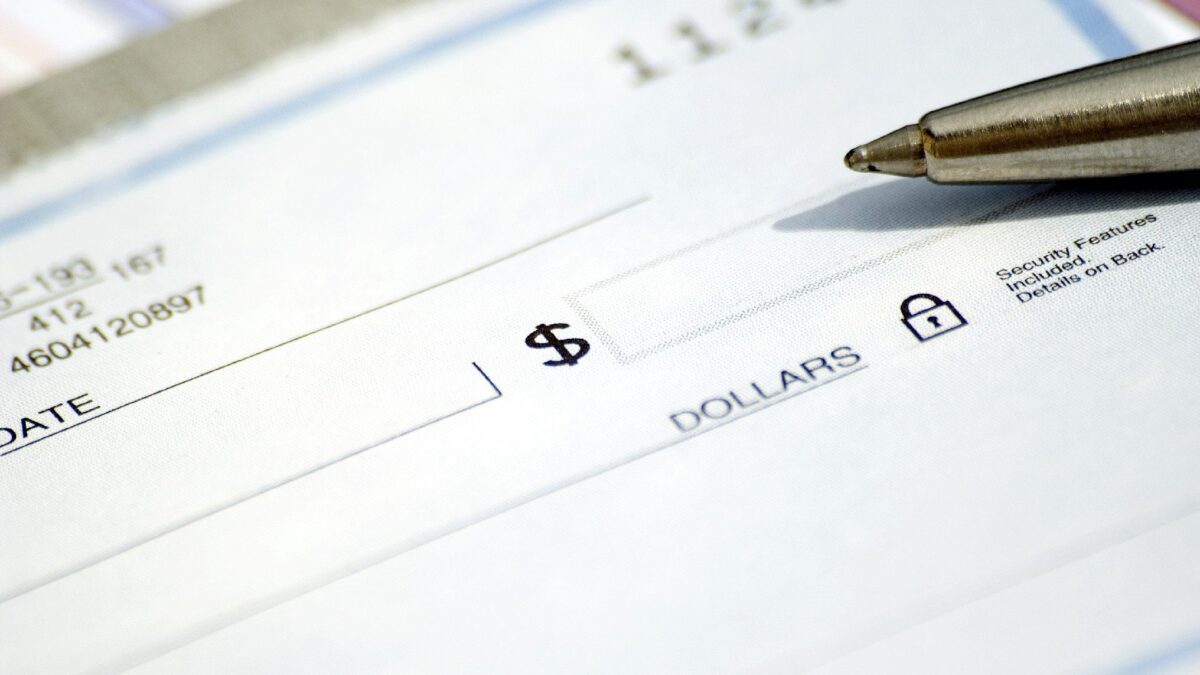
Overall, there are five major components that make up your credit score. Various actions, statuses, and reported items in these categories can increase or lower your score. Understanding these five factors is a first step in knowing what might impact your credit score (and how you can repair your credit if necessary).
1. Payment History
It matters whether you pay your bills on time. A history of on-time payments shows lenders that you’re responsible with money and pay your debts as agreed. For this reason, payment history is a major factor in your credit score. This is one reason why buying something like a car on credit can be good for your credit score in the long term (if you pay on time).
2. Credit Utilization
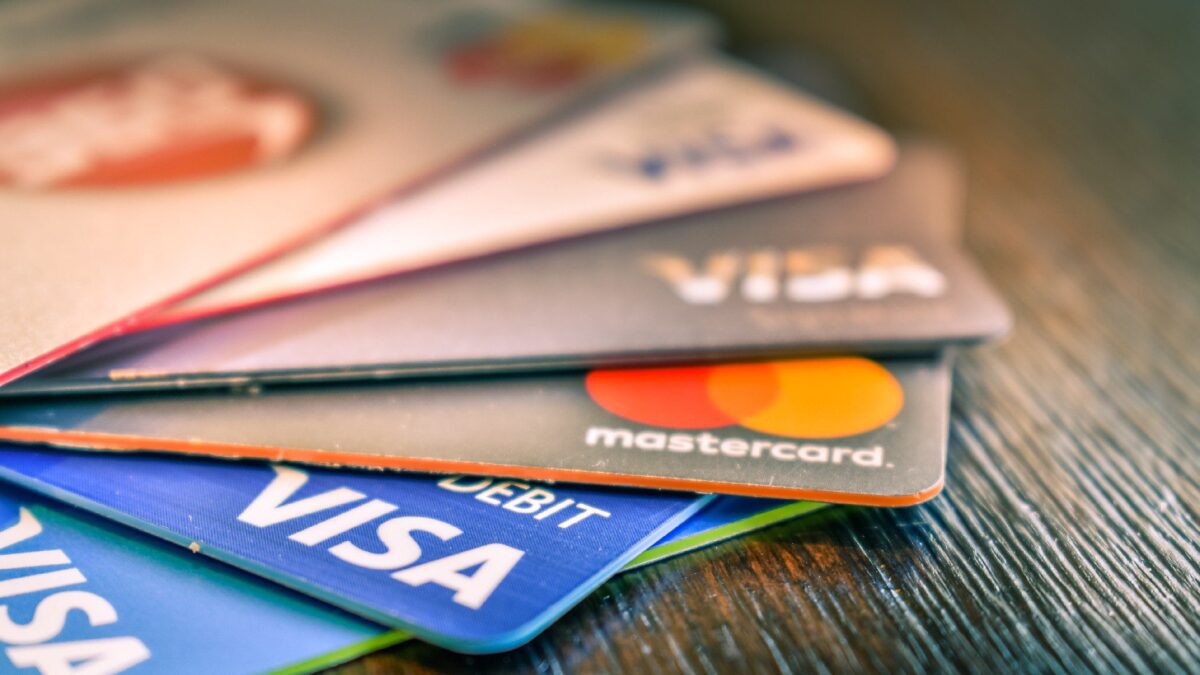
Credit utilization refers to how much credit you’re actively using. It’s most relevant to revolving credit accounts, like credit cards or lines of credit. With these accounts, you have a credit limit and a balance (the amount you currently owe). How much you owe related to the limit is your credit utilization ratio.
If you’ve maxed out all your credit cards and lines of credit, lenders see you as a potentially risky borrower. If you need all that credit, it means you may not have a good handle on your personal finances. And you might also owe a lot in monthly payments, which can increase the risk that you’ll default on loans. For these reasons, credit utilization is almost as big a factor for credit scores as payment history. If you’re using credit cards to build credit, make sure you keep balances down.
3. Credit Age
Credit age is how long you’ve had a credit history period as well as the average age of your open accounts. If you have no credit history or you’re very new to credit, this factor can negatively impact your score. If you don’t have accounts at least six months old, you may not have a credit score at all.
4. Credit Mix

Credit mix refers to having a good mix of types of credits. Specifically, lenders like to see that you can manage both installment and revolving credit appropriately. If you only have a personal loan or only have a credit card, you don’t have a good credit mix. That can be bad for your credit score.
5. Hard Inquiries
Hard inquiries show up on your credit report when someone pulls that information to evaluate you for credit. Each can negatively impact your score by a small amount, so too many hard inquiries in a short time period can be bad.
Why You Have More Than One Credit Score

You can actually have a good credit score and a bad credit score simultaneously. That’s because most people have more than one credit score. Here’s why.
First, there are multiple credit bureaus. The three major bureaus are TransUnion, Equifax, and Experian. These bureaus don’t share the information provided about you by lenders and others, and not all lenders report to all three bureaus.
That means the information in your credit file with each bureau can be different. You could have a late payment reported with one bureau and not the others, for example.
Second, there are different credit score models. These are algorithms that calculate your credit score based on the information in your credit profile with the bureaus.
You could apply the same credit score model to the information from each bureau and get three different credit scores. With these factors, each person has dozens of potential credit scores. The exact number depends on who is pulling it, what bureau’s information is used, and what scoring model is used.
A Checklist of Everything That Can Impact Your Credit Score

All credit scores go up and down based on various factors, though. Understanding those factors can help you build your credit and avoid actions, when possible, that might reduce your score. Here’s a complete checklist of things that can impact your credit — negatively or positively.
On-Time Payments
A history of on-time payments to creditors and lenders tends to help increase your score. Lenders don’t have to report to credit bureaus, though, and entities such as landlords or phone, utility and insurance companies don’t tend to report payments. If you want to build credit but don’t have installment loans or credit cards, you can use services such as Experian Boost to add utility bills or other payments to your credit report.
Late Payments
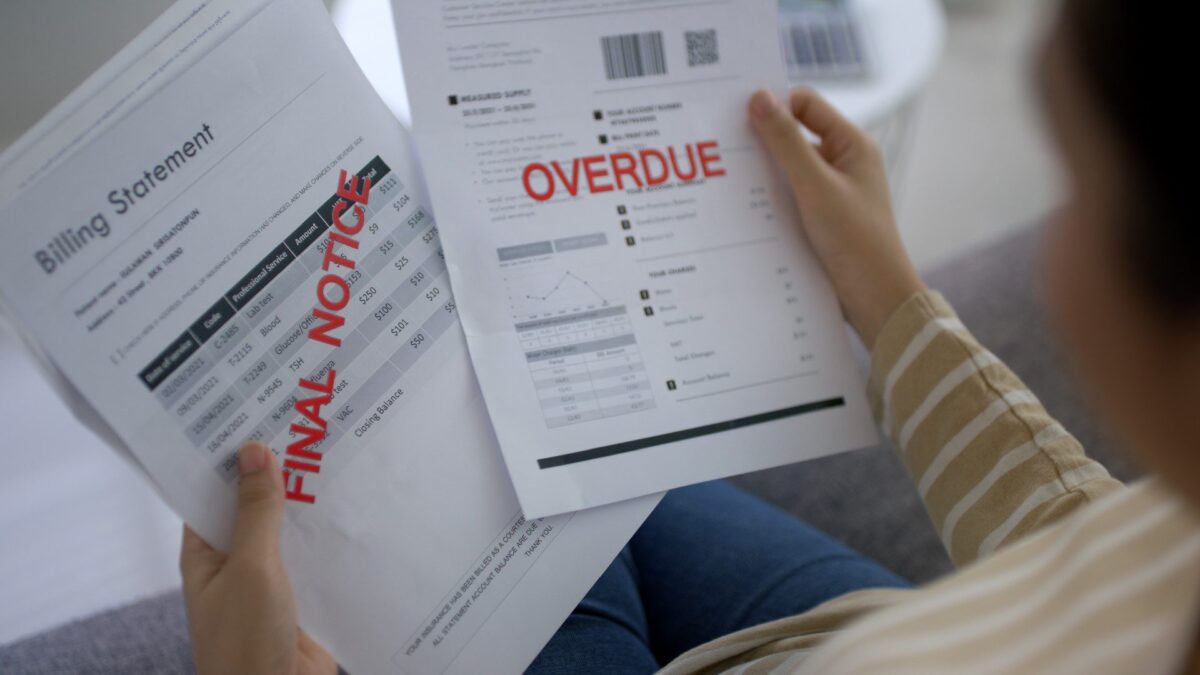
Late payments are typically reported by lenders to one or more credit bureaus. They always have a negative impact on your score. The more often you’re late with payments — and the later those payments are — the worse the impact. Credit bureaus use a series of codes to show whether an account has late payments, when those late payments occurred and how late they actually were. Learn more about reading a credit report to know what to look for on yours.
Default or Collections Accounts
If you default on a loan or account — meaning you’re so late you’re sent to collections — that’s reported to the credit bureaus. This can be true even if the account wasn’t originally reported. For example, if you never pay your cellphone bill and Verizon sends you to collections, the collection account shows up on your credit report even though your previous timely Verizon payments didn’t. Defaults and collection accounts have a negative impact on your credit score.
Other items that can be sent to collections and eventually impact your credit score include:
- Medical bills
- Unpaid utility or insurance bills
- Parking tickets
- Unpaid rent or deposits to landlords
- Unpaid invoices for various services
- Fines or money you might owe a library for not returning books
- Overdrafts or other amounts owed to banks
Paying or Settling Collections Accounts
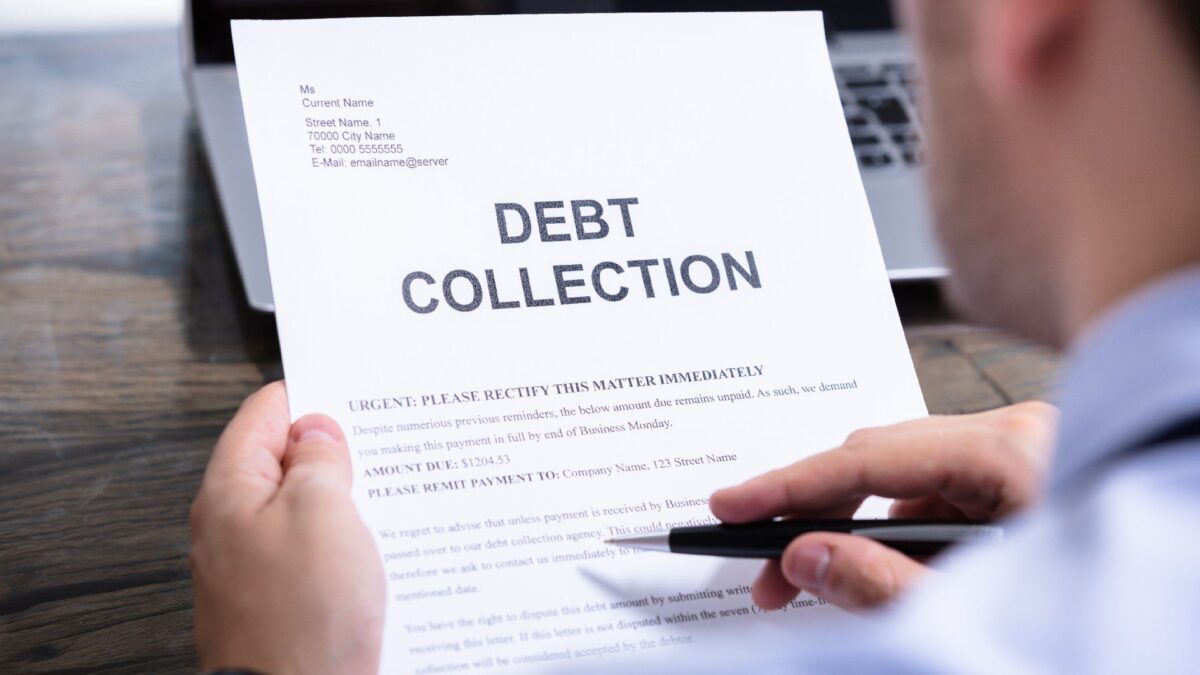
The impact of paying or settling collections accounts depends on the credit scoring model. In some cases, the impact is null or negligible for your credit score. But that’s due in part to the fact that by the time you’re in default or collections, your reported late payments have impacted your score. However, paying or settling such accounts can be a positive for lenders. You might even be required to take care of old accounts on your report before getting a mortgage.
Maintaining a High Credit Card Balance
Carrying a high balance on revolving credit accounts has a negative impact on your credit score, as previously mentioned. That’s because it increases your credit utilization ratio. The Consumer Financial Protection Bureau notes that you should try to keep your total credit utilization ratio under 30%. That means carrying a balance of no more than $300 for every $1,000 in credit limit you have.
Paying Down Debt
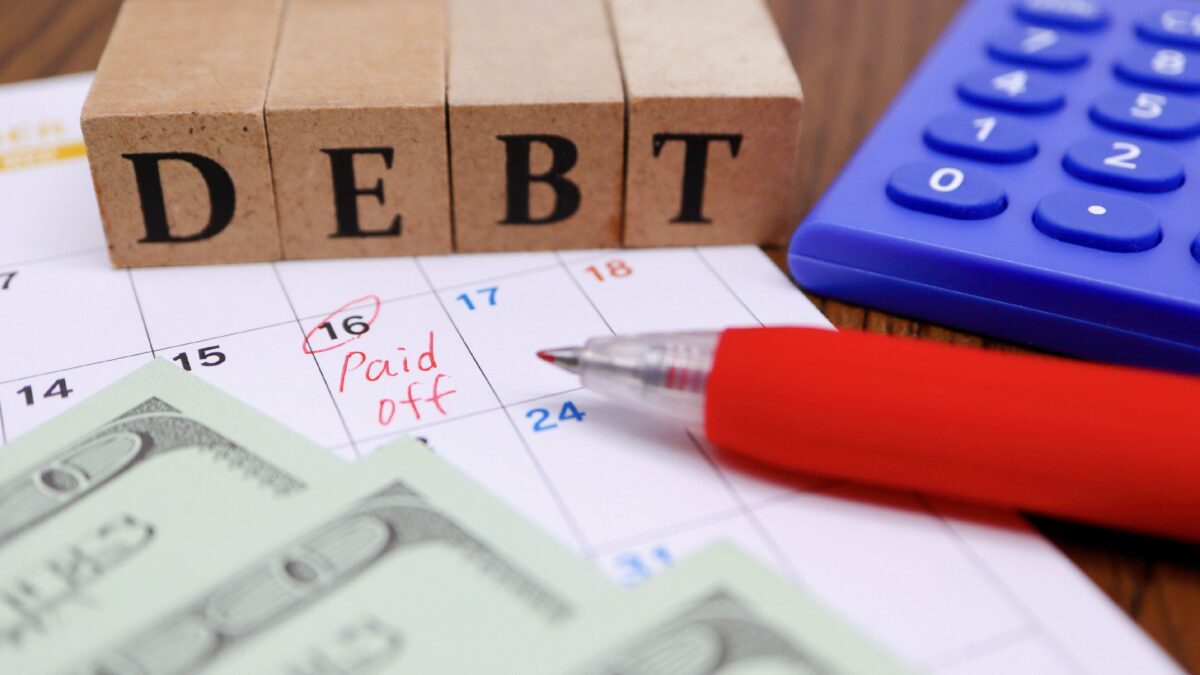
On the flip side, paying down your debt — especially your revolving credit debt — typically has a positive impact on your credit score. Even consolidating credit card debt to pay it down may have a good impact, but you do have to be careful about opening new loans and closing old loans when paying down debt.
Reducing how much debt you currently owe can also make it easier to get new debt for another reason: It decreases your debt-to-income ratio. If you currently owe $3,000 a month and make $6,000 a month, lenders may be less likely to approve you for a loan than if you only owed $1,000 a month and made $6,000, for example. You’re simply better positioned to pay new debts if you’re not saddled with old ones.
Closing Old Accounts
When you close old accounts, you’re impacting the overall age of your credit. That can negatively impact your credit score. Consider the example below to understand how this works.
- Sue has four credit accounts:
- A credit card open for 10 years
- A credit card open for 5 years
- A car loan open for 3 years
- A personal installment loan open for 2 years
- Her average age of credit is currently 5 years.
- Sue decides to get another loan to pay off her credit card debt because she wants to reduce her credit utilization. But she also closes those credit card accounts.
- Now Sue has three credit accounts:
- The car loan open for 3 years
- The personal installment loan open for 2 years
- The consolidation loan open for 0 years
- Her average age of credit is now only 1.7 years
Sue may have been better off, in this hypothetical situation, keeping the old credit card accounts open and just not using them.
Opening New Accounts

Opening new accounts can impact your credit in a number of ways. First, a new account can bring down the average age of your credit. Second, it may have involved a credit check with a hard inquiry. Third, it raises your debt total. All of these can negatively impact your credit score.
But in the long term, a new account offers another opportunity to demonstrate your strong payment history. If you pay the new account in a timely manner, it usually becomes a positive factor for your credit score. This is why finding a loan option that works for someone with no credit is often a first step for building credit from scratch.
Applying for Credit
Simply applying for credit can impact your score. If the lender does a “hard pull” on your credit for the purpose of evaluating you for a loan or account, that shows up on your credit report. It can also reduce your score by a little bit. A lot of hard inquiries all at once can drive down your score further and make you look desperate for credit (which is a bad thing in lenders’ eyes).
Hard inquiries remain on your credit report for two years. They don’t have the same impact on your score that entire time, though.
It’s also important to note that when you’re shopping rates for something like a mortgage or an auto loan, the credit scoring models realize this. So, several hard inquiries within a week or two for the same purpose will only count as one “event” for the purpose of impacting your credit score.
Foreclosures or Repossessions
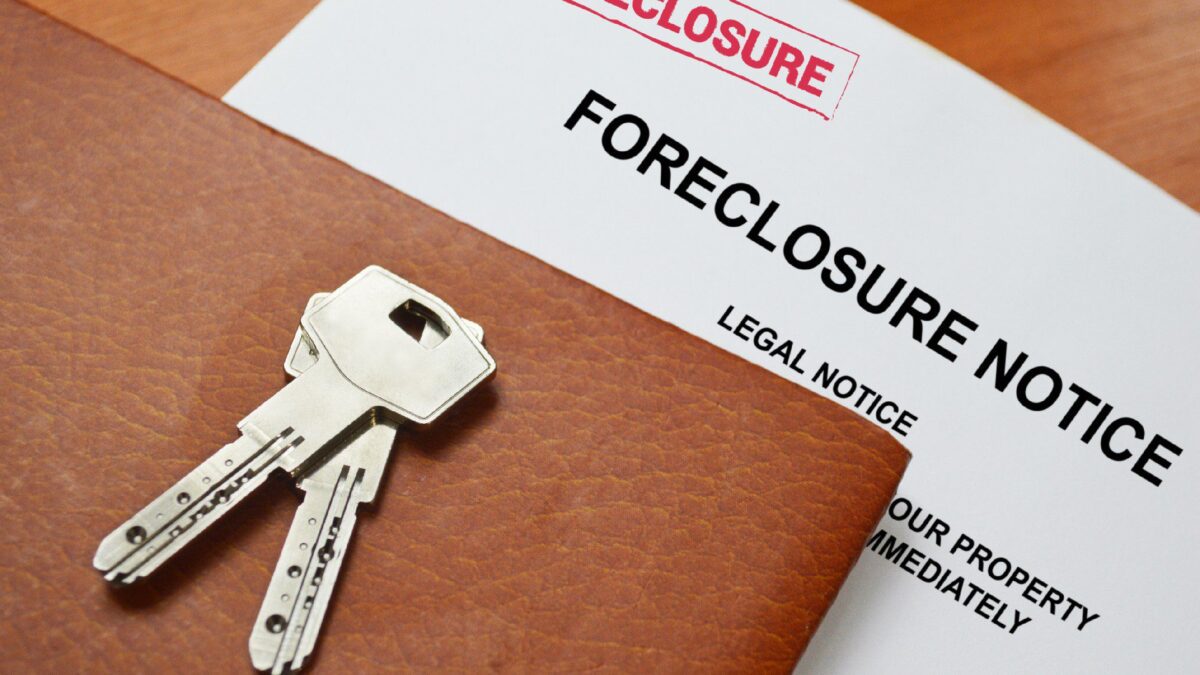
Foreclosures and repossessions have serious negative impacts on your credit scores. For lenders, these are some of the most negative items because they indicate that someone was so late on a loan that the property securing the loan was seized to help the bank recoup its losses.
Bankruptcies
Bankruptcies are another major negative item on your credit report. Typically, the bankruptcy itself may not drop your score by a huge amount because, by the time someone files, they’re already dealing with many late payments, potential foreclosures, or collection accounts. If this isn’t the case and your credit is good, a bankruptcy can tank it for the foreseeable future.
Bankruptcies remain on your credit report for up to 10 years from the filing date. The good news is that these procedures often allow people to restructure debts or get relief from overwhelming financial situations. That may create the space for positive financial decisions in the future, and those can lead to a better credit score.
Activity on a Loan You Cosigned
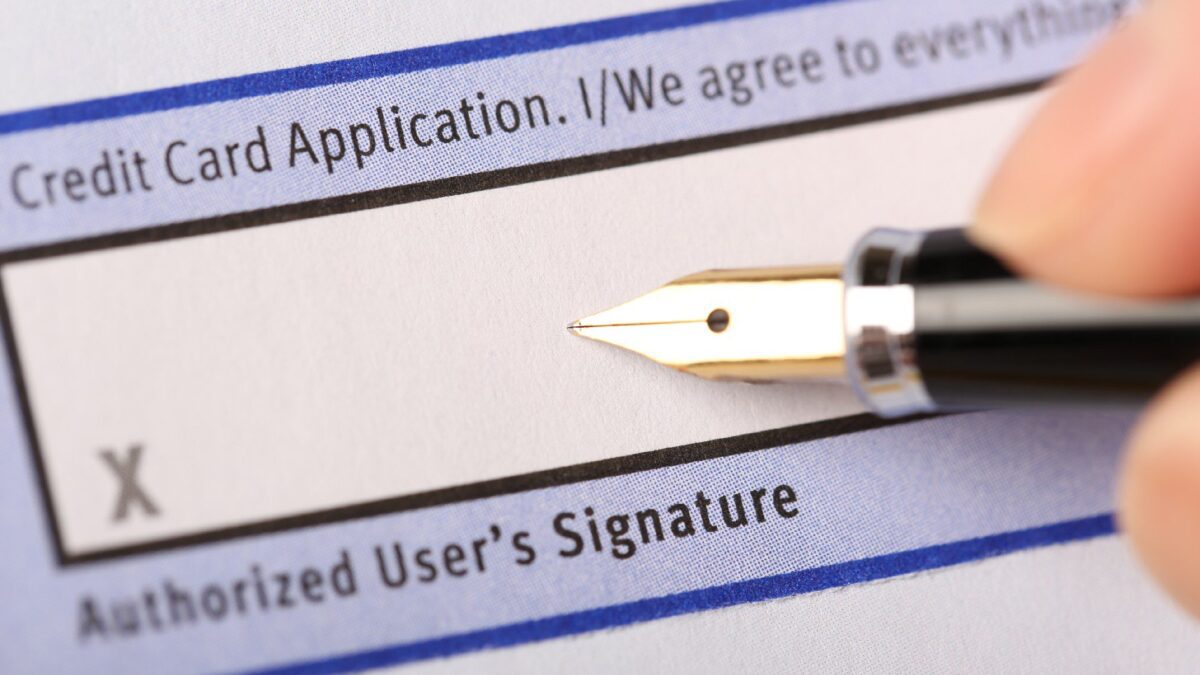
If you cosign a loan or another credit opportunity for someone, how they manage their account may impact your credit. Many lenders report payments and account information to the credit files of the cosigner too. If your friend or family member is late with payments or defaults on their loan, your credit score can suffer.
Being an Authorized User on Someone’s Credit Card Account
Being added as an authorized user to someone else’s credit card account is one way to potentially boost your credit score quickly. If the credit card company also reports to the credit bureau for authorized users, you get the benefit of the other person’s strong payment history. If that person runs up their credit card balance or is late with payments, however, you can get the negative impact of those factors.
Mistakes/Incorrect Information
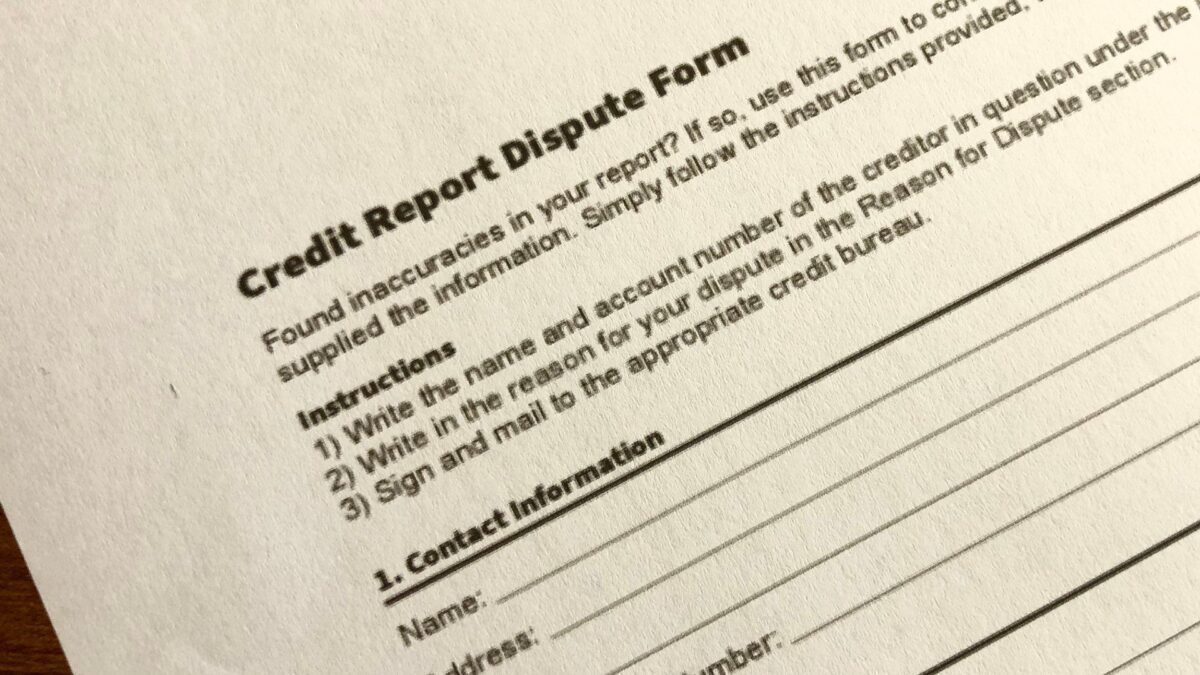
Around 20% of people find errors on their credit reports. If your report has inaccurate negative information, such as late payments or defaults on loans that aren’t even yours, that impacts your credit score. Luckily, you have a right to a fair and accurate credit report. If you check your report and find errors, you can ask the bureau in question to investigate and make corrections. Make your request in writing for the best chance at a positive outcome.
Time
Time plays an important role in your credit score. Most negative items age off in around 7.5 years, which means they stop impacting your score. And in most cases, a negative item has less impact as time goes by. You can always work to build a more positive credit score in the future due to this fact.
Understanding loans and credit is important for everyone. Whether you’re looking for a personal loan now or just want to ensure your credit score is healthy, knowing what impacts it is a great first step. Get in touch to find out more about our responsible lending approach. Applying for a loan only takes minutes and, depending on your bank, you can have the money as soon as the next business day.
The recommendations contained in this article are designed for informational purposes only. Essential Lending DBA Wise Loan does not guarantee the accuracy of the information provided in this article; is not responsible for any errors, omissions, or misrepresentations; and is not responsible for the consequences of any decisions or actions taken as a result of the information provided above.




